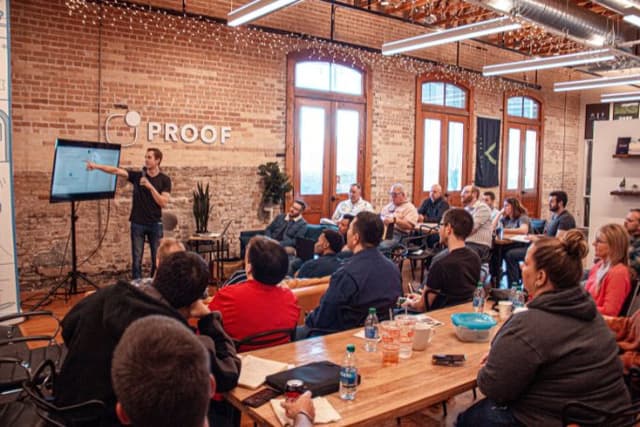
Communicating Findings
Lesson6 of 6 in this unit
SecondaryYear 7 - 9ScienceInquiry SkillsEnvironmentalSustainabilitySocialSocial Action
Summary
Lesson Guides and Printables
Teacher Lesson Plan

Student Worksheet

Teacher Content Info


Teacher Lesson Plan

Student Worksheet

Teacher Content Info
